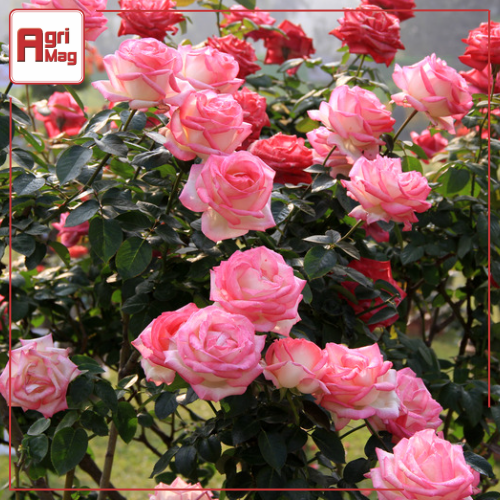
The ins and outs of rose farming
Date: 31/03/2022
Are you interested in rose farming? These beautiful flowers have a timeless allure, which makes growing roses an exciting business venture. Before you get started, it’s important to understand the different rose varieties and to know which types are in demand. You’ll need to understand the planting, pruning, and harvesting process. Fertilisation and pest control are other important aspects of rose farming. You can find the rose farming equipment you will need on AgriMag.

Photo by Agelesspix on Unsplash
What are different types of roses
While the classic red rose may spring to mind when we talk about these sensual flowers, there is a broad range of different varieties you can choose to grow. From antique roses to floribunda variations, these flowers come in many different forms. There are also a variety of unique roses, such as the South Africa and Kiss variations. When you’re deciding what type of roses to grow, you’ll need to keep your market in mind, including which rose varieties are popular in your selling area. The growing conditions will also impact your decision.
How to grow roses
Rose farming requires high temperatures as well as a good water supply. If they’re properly taken care of, rose bushes can continue producing flowers year after year. You’ll need to have an in-depth understanding of how to prune the bushes properly. Get rid of worn out can as they typically produce a reduced number of flowers. Removing dead wood helps to ensure that the plant’s resources are redirected to young canes, which is where most of the buds grow. Pruning also makes room for new basal breaks. This process can be carried out twice a year to ensure that the bushes stay healthy. During summer, it’s important to de-bud the roses to encourage stem growth. This ensures that the plant doesn’t expend its resources on buds that aren’t suitable for bunches. Only old stems are de-budded during this process.
How to plant roses
When it comes to rose farming, planting takes place during the hotter months. These flowers are planted in rows with 25cm between them. The plants need to receive adequate water. Watering is important during this time as it encourages growth. Drip irrigation is a suitable method to water the roses for half an hour on a daily basis. During the cooler months, these plants are dormant. They don’t receive water during this period and the plants are also not fertilised. During the growing season, calcium and fertilizers are applied to the soil twice a week.
Harvesting roses
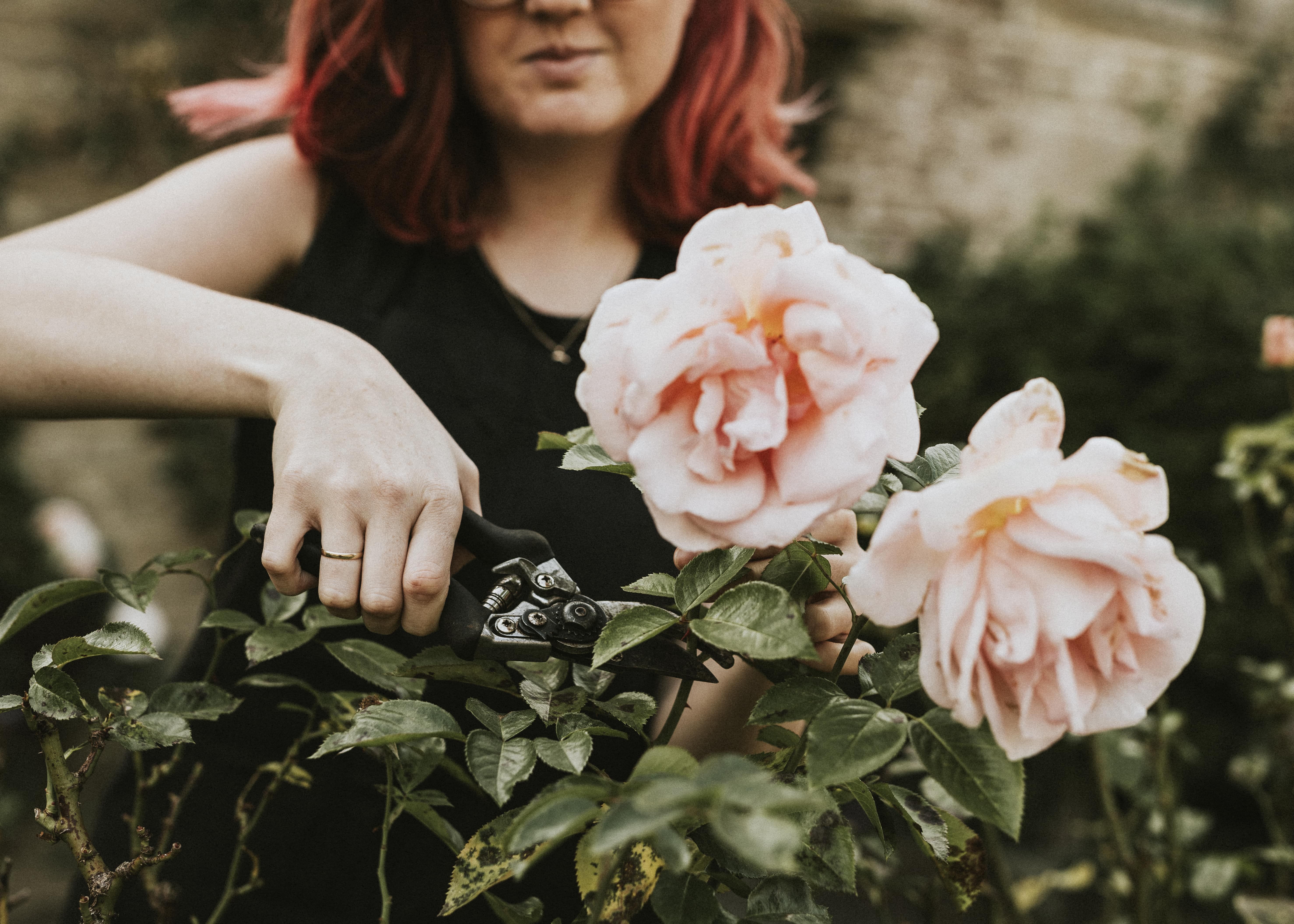
Photo by rawpixel.com on freepik
You can expect the bushes to start flowering during October and to keep blooming until May. Once the roses have been harvested, the next blooming cycle will begin in 6 weeks. Harvested roses are sorted together by their length so that they can be processed by the stripping machine. This is where their thorns are removed. Once this process has been completed, the roses are placed in water and kept in the cold room. Next, the flowers are made into bunches covered in brown paper so that they’re ready to be sold.
Risks of rose farming
Thrips infestations are a risk for rose farmers. Mildew can also put your growing operations at risk. Scale insect infestation is another potential hazard. One strategy to decrease the risk of pest infestations is to ensure that your plants are healthy. When the rose bushes are stressed, it puts them at a higher risk for disease. You can also break up the soil in the area surrounding the plant. Organic pesticide helps to ensure that your farm is environmentally friendly. Fungal infections and scorching from the sun are other problems to watch out for.
Now that you know more about rose farming, you can decide whether or not this is the right business venture for you. The climate and water supply in your area will have an impact on the viability of setting up a rose farm. Are looking for an irrigation system? Click here for all the available systems on AgriMag.
Categories:
Common category
Category Search:
Latest articles:
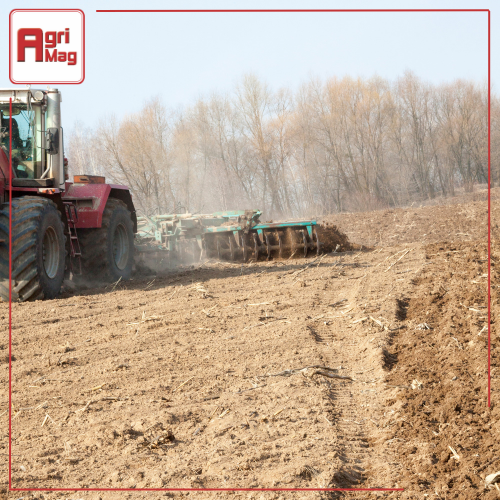
Tillage Equipment on AgriMag: Empowering Small Farms
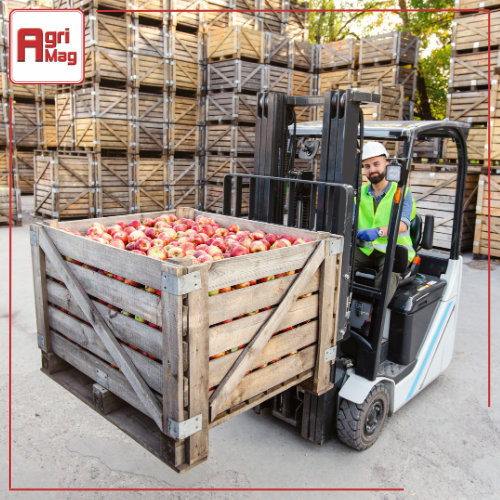
Exploring the Machinery Categories on AgriMag
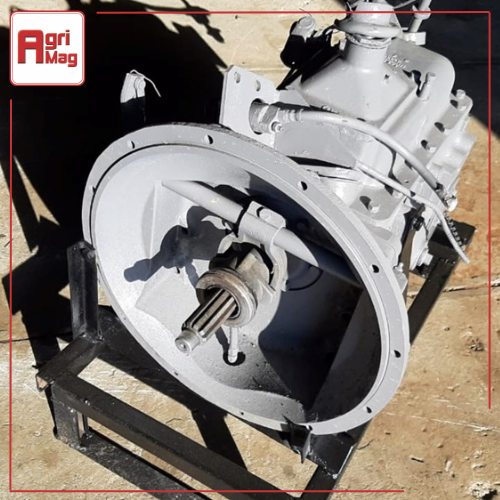
The Essential Role of Quality Spares and Parts for Farm Trucks
